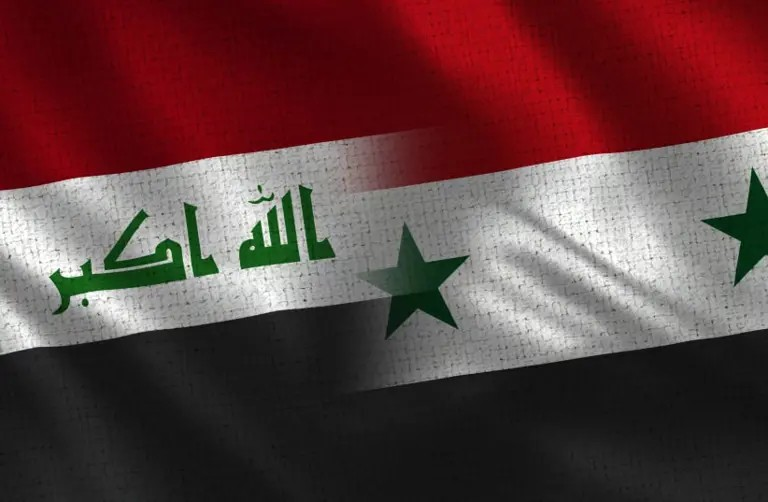This comes as both countries are at a crossroads. Syria is trying to unify itself after years of civil war. Both countries face threats from ISIS, and there are US forces in both countries. In addition, the Kurdish regions of both countries are very important.
Al-Sudani’s office said that he “congratulated the Syrian people on the formation of their new government and reiterated Iraq’s commitment to respecting Syria’s political choices.” Shafaq News in Iraq noted that the Iraqi Prime Minister also “stressed the importance of an inclusive political process that ensures representation of all national components in Syrian society, ‘for a secure and stable future for Syria and the region as a whole.’”
The Iraqi leader also condemned Israel’s attacks on Syria. Israel has carried out airstrikes over the last months in Syria, claiming to target threats that might emerge. Iraq and Syria do not recognize Israel. Iraq has many Iranian-backed militias that have targeted Israel over the last year using drones.
Iraq says it is looking forward to “stronger economic collaboration, citing shared interests and opportunities for deeper ties between Iraq and Syria,” Shafaq noted.
The discussion comes amid some controversies in Iraq. The Popular Mobilization Units of Iran-backed militias continue to pose a challenge for Baghdad. These armed groups are officially part of the paramilitary forces of Iraq. However, they also carry out many operations independently. Recent discussions have focused on reining them in or even extending their mandate with a new law.
The comments by the Iraqi leader amid the phone call with the Syrian leader come after Syria sent its foreign minister to Iraq last month. This comes as Iran seeks to shore up its support for countries in the region amid US threats. Iran has threatened that it would retaliate against US bases in the region, a warning to Gulf countries not to participate in any US strikes.
Iran's outreach to Iraq
Iran is also doing outreach to Iraq to try to safeguard its interests, such as the militias in Iraq. Iranian state media said on April 1 that Iran’s Foreign Minister Abbas Araqchi says “that any threats directed at Iran will result in regret for its adversaries.” The report noted that “Araqchi said in an interview with Al-Masirah, a Yemeni TV channel, that the claim suggesting that attacking Yemen is a prelude to attacking Iran is nothing new and that Iran has heard similar threats in the past.
This is important because Iran is trying to bolster both the Houthis in Yemen and the militias in Iraq, as Iran senses that it is losing influence in the region.
































